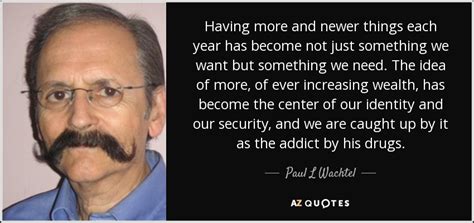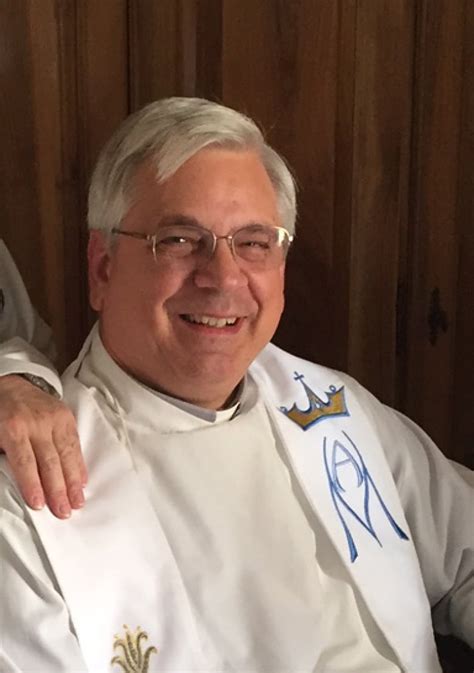A Quote by Brene Brown
Vulnerability is based on mutuality and requires boundaries and trust. It's not oversharing, it's not purging, it's not indiscriminate disclosure, and it's not celebrity-style social media information dumps. Vulnerability is about sharing our feelings and our experiences with people who have earned the right to hear them.
Related Quotes
It seems to me, then, that vulnerability and and self-disclosure are at the heart of what we understand about the nature of God. And the reason I believe gay and lesbian people are spiritual people is that we too have participated in vulnerability and self-disclosure, especially in the process of coming-out. When someone shares with you who they really, really are, it is a special offering. To do so when it risks rejection is a profound, holy gift.
Vulnerability is not weakness, and the uncertainty, risk, and emotional exposure we face every day are not optional. Our only choice is a question of engagement. Our willingness to own and engage with our vulnerability determines the depth of our courage and the clarity of our purpose; the level to which we protect ourselves from being vulnerable is a measure of our fear and disconnection.
I spent a lot of years trying to outrun or outsmart vulnerability by making things certain and definite, black and white, good and bad. My inability to lean into the discomfort of vulnerability limited the fullness of those important experiences that are wrought with uncertainty: love, belonging, trust, joy, and creativity, to name a few.
I spent a lot of years trying to outrun or outsmart vulnerability by making things certain and definite, black and white, good and bad. My inability to lean into the discomfort of vulnerability limited the fullness of those important experiences that are wrought with uncertainty: Love, belonging, trust, joy, and creativity to name a few.
Revenge tries to solve the problem of vulnerability. If I strike back, I transfer vulnerability from myself to the other. And yet by striking back I produce a world in which my vulnerability to injury is increased by the likelihood of another strike. So it seems as if I'm getting rid of my vulnerability and instead locating it with the other, but actually I'm heightening the vulnerability of everyone and I'm heightening the possibility of violence that happens between us.
The tendency in our spiritual life but also our more general attitude toward love is that our feelings are all that is going on. And so to us the totality of love is what we feel. But to really love someone requires commitment, fidelity and vulnerability. Mother Teresa wasn't "feeling" Christ's love, and she could have shut down. But she was up at 4:30 every morning for Jesus, and still writing to him, "Your happiness is all I want."
Trust is essential for our social wellbeing. Without trusting the good will of others we retreat into bureaucracy, rules and demands for more law and order. Trust is based on positive experiences with other people an it grows with use. We need to trust that others are going be basically reasonable beings.
The media plays an essential role in our culture. It is the Fourth Estate; it's an undeniably essential instrument in the great American experiment - in keeping our democracy functional. People have very strong opinions about what that means and how information should be disseminated to a population that requires information.



























